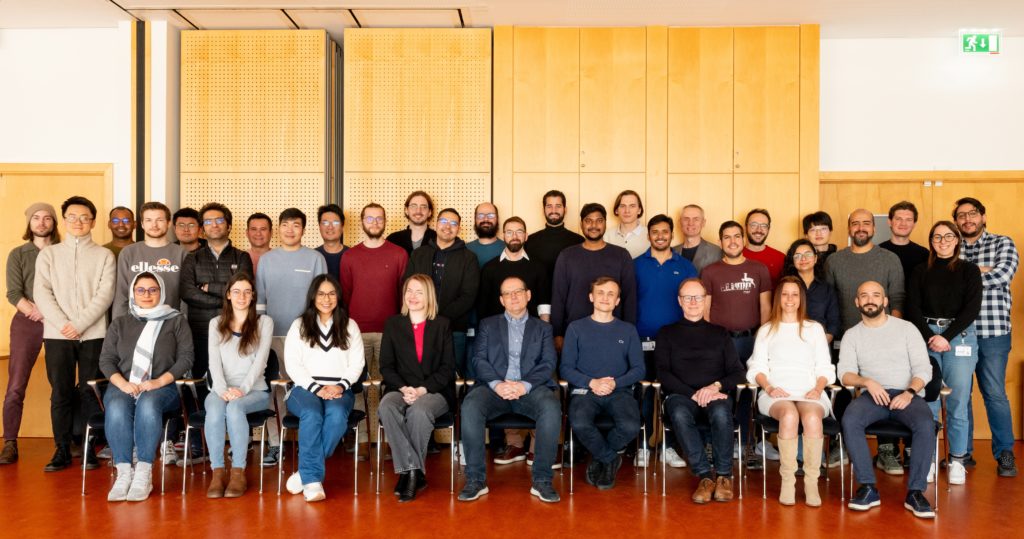Autonomous Vehicles & IoT

The University of Luxembourg’s Interdisciplinary Centre for Security, Reliability and Trust (SnT) and Gulliver, a tech company based in Luxembourg and Italy, have established a new partnership to develop an artificial intelligence (AI) based solution for sustainable logistics planning.
The European Climate Foundation estimates that heavy-duty trucking contributes 22% of all EU road transport emissions, while making up less than 5% of the vehicles on the road. With their forecast of the sector showing an expected emissions output of an additional 10% by 2030, efforts to support the sustainable transition of this industry are crucial today.
The solution that Gulliver and SnT will be researching is focused on helping logistics companies reduce their impact on the environment by maximising their route planning for operations such as deliveries and pick-ups. Currently route planning is conducted manually and requires collecting multiple different data points, such as the number of deliveries, size of trucks, routes, and the preferred pick up and drop off times of customers. By analysing these requirements, the solution will create a plan that optimises efficiency and minimises emissions.
Overtime the AI system should be able to predict the availability of a customer, avoiding emissions output from unsuccessful drop-off trips. It will also be able to create routes that minimise emissions output.
The initiative is one of several being led by SnT’s Services and Data Management (SEDAN) Research Group, headed by Prof. Radu State, Professor in Network Management and Cybersecurity. Entities and companies of all sizes rely on SEDAN to conduct state-of-the-art research. In doing so, they have the opportunity to work with talented researchers recruited at an international level. Fields of application include: blockchain, machine learning, anti-money laundering (AML), know-your-customer (KYC), computer networks, and cloud infrastructures.
This article was originally on published 30 June 2023.
